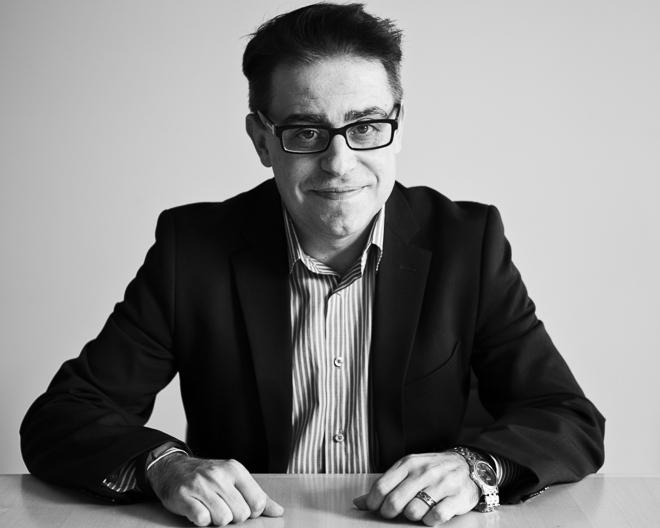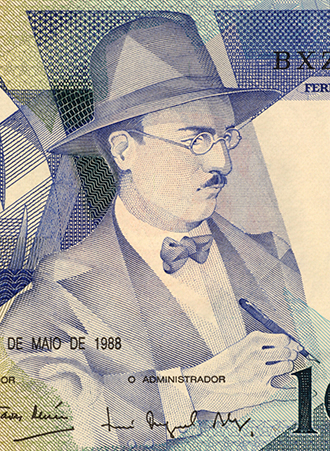
In Conversation with Asst. Vice-Provost and Program Head, Business, Dr. George Bragues
Dr. George Bragues looks to literary fiction for insights – and tells us why freedom might just be about making a lot of money.

You’ve framed your insights on the matter on a short story written by the leading Portuguese writer, Fernando Pessoa, The Anarchist Banker. What struck you about this story?
It’s about an anarchist banker [laughs].
Pessoa cleverly draws you in with the oxymoronic nature of anarchy and banking. What does anarchy have to do with banking? On its face, nothing. Anarchists are against the establishment – and bankers are typically seen as pillars of the establishment.
What Pessoa does is takes the premises of modernity - meaning that human beings are essentially free and equal, and that political and social practices should be oriented around recognizing that fact – and he takes these premises to their logical endpoint: Anarchism.
How does he arrive at this conclusion?
In order to obtain freedom, all current social and political institutions have to be destroyed. Eliminated. But he figures out that any attempt to do so requires teaming up with others – and therefore is itself the creation of a new social and political institution that oppresses people.
So the very attempt to destroy the social order by cooperating with others who are likeminded creates the same sort of oppressiveness that you’re trying to eliminate.
How then, do you become an anarchist?
You have to do it by yourself. And you have to beat money – meaning its influence over you and your life.

And how do you do that?
Well, if you’ve got more of it, then the less it affects you. The marginal value of money declines, the more you have of it.
So the solution to the tyranny of money – is to get more of it. Because then, it no longer enslaves you. It no longer imprisons you. You have become free.
He’s basically saying that the life in which you dedicate yourself to the acquisition of wealth, is your highest calling. If he’s right, then many people today are actually anarchists without even knowing it.
It’s such a fascinating story. I think there’s something ingenious about it.
There are several interpretations of Pessoa’s The Anarchist Banker, many of which tend to denounce Pessoa’s philosophies as bizarre – in effect not taking his argument seriously. But you’re offering an unusual interpretation.
Pessoa has taken modernist premises – and has showed that they’re ridiculous. And yes, many interpretations view his work as meant to be a reduction to the absurd. But I believe Pessoa is asking us to take his argument seriously. That this is where modernity ultimately leads.
In other words, if you take equality and freedom seriously, the best way to live is to make a lot of money. As for his reasoning, it’s a very strong argument.
And in some ways, for many people, their lives speak their agreement to that conclusion.
The end?
To me, you’re left with three alternatives. Accept modernity as inherently contradictory in its conception of freedom; fundamentally rethink modernity and rethink our set of assumptions about human nature; or admit that the way of life of the wealthy financier is indeed the logical culmination of modernity’s project of human liberation.
Maybe freedom is all about being Donald Trump.
***
Dr. Bragues’ paper, Is Achieving Freedom About Making a Lot of Money? An Interpretation of Fernando Pessoa’s “The Anarchist Banker” was the subject of his guest speech at the Lusophone Studies Association Inaugural Conference, Exploring the Crossroads and Perspectives of Lusophone Studies, at York University in Toronto.

